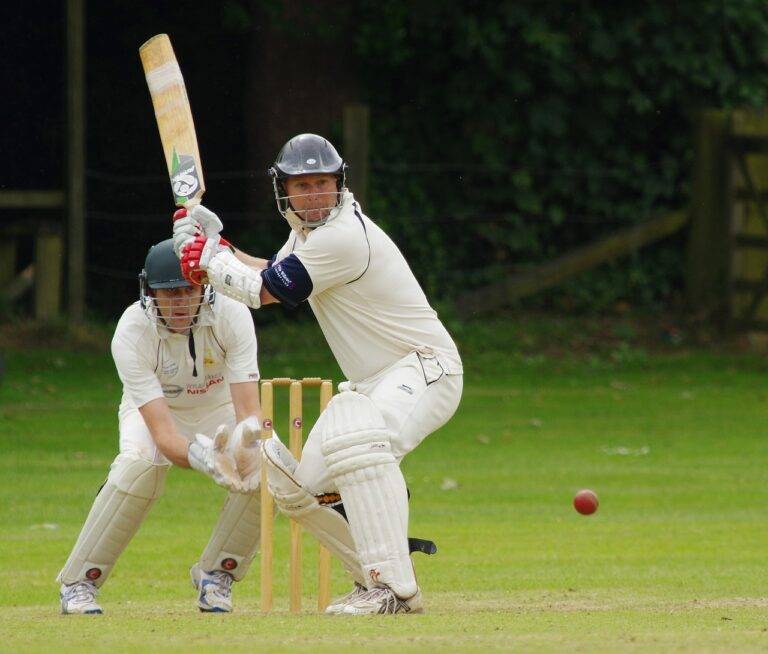The Psychology of IPL Auctions: Decision Making and Strategic Bidding
World777, Satsport: As the most popular domestic T20 cricket league in the world, the Indian Premier League (IPL) attracts top talent from around the globe. One of the most intriguing aspects of the IPL is the auction process, where teams bid for players to build their squad for the upcoming season. Behind the scenes, there is a complex web of decision-making processes and strategic thinking that goes into each bid. In this article, we delve into the psychology of IPL auctions, exploring the factors that influence decision-making and the strategies employed by teams to secure the best players.
Understanding Decision Making in IPL Auctions
At its core, the IPL auction is a high-pressure environment where team owners, coaches, and analysts must make split-second decisions that can have a significant impact on their team’s chances of success. The auction is a test of strategic thinking, financial acumen, and knowledge of player capabilities. Here are some key factors that influence decision-making in IPL auctions:
Player Performance and Potential
One of the most crucial considerations in an IPL auction is a player’s past performance and potential for future success. Teams analyze a player’s statistics, playing style, and fitness to determine their value in the auction. Factors such as age, injury history, and recent form can all influence a team’s decision to bid for a player.
Team Requirements and Strategy
Each team in the IPL has a unique playing style and set of requirements that dictate their approach to the auction. Teams must identify areas of weakness in their squad and target players who can fill those gaps. Strategic planning is essential, as teams must balance the need for star players with the constraints of their budget.
Strategies for Successful Bidding
Successful bidding in the IPL auction requires a combination of preparation, flexibility, and intuition. Teams employ a variety of strategies to outsmart their rivals and secure the best players for their squad. Here are some common strategies used in IPL auctions:
Value for Money
One of the key strategies in IPL auctions is to identify undervalued players who have the potential to outperform their price tag. Teams must assess a player’s skill level and market value to determine whether they are getting good value for money. By targeting players who are undervalued, teams can strengthen their squad without overspending.
Strategic Alliances and Bidding Patterns
Teams often form alliances with other franchises to manipulate bidding wars and drive up the price of a player. By working together, teams can create a distraction for their rivals and force them to overspend on a player. Bidding patterns are carefully orchestrated to create confusion and uncertainty among competing teams.
FAQs
1. What is the IPL auction?
The IPL auction is an annual event where team owners bid for players to build their squad for the upcoming season. Players are divided into different categories based on their experience and performance, with the auction determining their final price.
2. How do teams prepare for the IPL auction?
Teams prepare for the IPL auction by analyzing player statistics, identifying team requirements, and setting a budget for the auction. Teams also scout potential targets and develop a list of players they wish to bid for.
3. What are some common bidding strategies used in IPL auctions?
Some common bidding strategies used in IPL auctions include targeting undervalued players, forming strategic alliances with other teams, and creating bidding patterns to confuse rivals. Teams also use tactics such as bluffing and delaying bids to gain a competitive advantage.
Overall, the psychology of IPL auctions is a fascinating study in decision-making and strategic thinking. By understanding the factors that influence bidding and the strategies employed by teams, cricket fans can gain a deeper appreciation for the complexities of the game.







